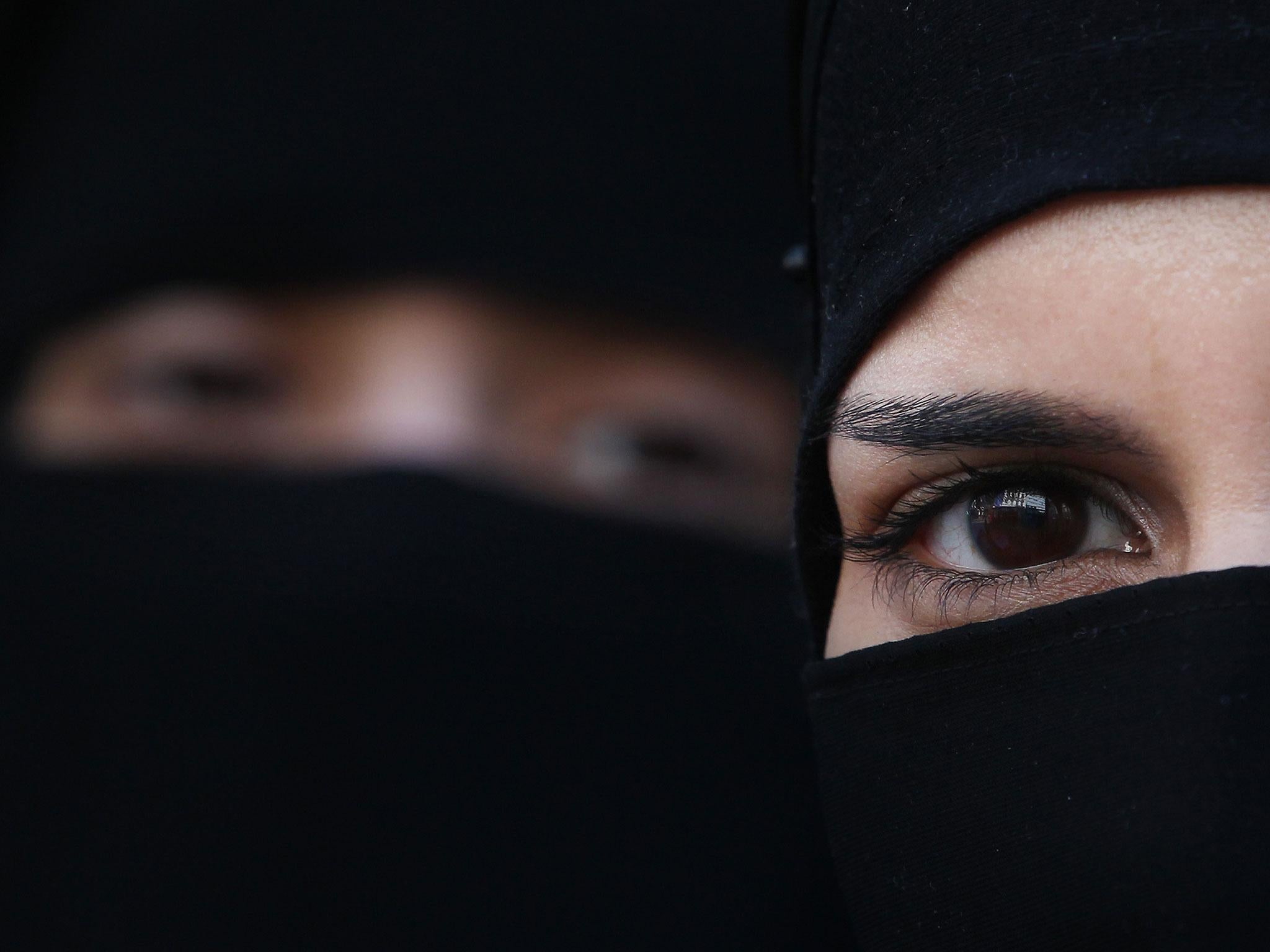Polygamy cannot be regarded as essential part of Islam, says Indian government
The practices 'need to be considerd in the light of principles of gender justice' government argues

Your support helps us to tell the story
As your White House correspondent, I ask the tough questions and seek the answers that matter.
Your support enables me to be in the room, pressing for transparency and accountability. Without your contributions, we wouldn't have the resources to challenge those in power.
Your donation makes it possible for us to keep doing this important work, keeping you informed every step of the way to the November election

Andrew Feinberg
White House Correspondent
The Indian government has petitioned the country's Supreme Court for a ban on polygamy, the practice of of having more than one wife.
It has also called the practice of triple talaq "misplaced in a secular country". It allows Muslim men to divorce their wives by repeating the word "talaq," meaning "I divorce you," three times.
Currently, India's constitution allows Muslims - the biggest minority religion in the country - to regulate their own laws governing matters such as marriage, divorce and inheritance.
However the government of Narendra Modi has filed an affidavit to the court arguing that polygamy and triple talaq impacts a woman's status and her right to live with confidence and dignity, The Indian Express reports.
“It is submitted that the issue of validity of triple talaq, ‘nikah halala’ and polygamy needs to be considered in the light of principles of gender justice and the overriding principle of non-discrimination, dignity and equality,” the affidavit filed by the government says.
“The fundamental question for determination by this court is whether, in a secular democracy, religion can be a reason to deny equal status and dignity available to women under the Constitution of India."
It also said the practices are not protected under Article 25 of the constitution, which guarantees immunity to practices essential or integral religion.
“Even theocratic states have undergone reform in this area of law and, therefore, in a secular republic like India, there is no reason to deny the rights available under the Constitution," the affidavit adds.
"The fact that Muslim countries where Islam is the State Religion have undergone extensive reforms goes to establish that the practices in question cannot be regarded as integral to practices of Islam."
The practice of talaq has been banned in more than 20 countries, including Pakistan and Bangladesh.
Earlier this year, Muslim women in India petitioned the Supreme Court to ban triple talaq, arguing it is unconstitutional, discriminatory and contrary to Islamic law.
Case studies carried out across India by Bharatiya Muslim Mahila Aandolan, an organisation fighting for the rights of Muslim women in the country, found some men had exercised the practice via relatives, over the phone or even by email or text message.
Subscribe to Independent Premium to bookmark this article
Want to bookmark your favourite articles and stories to read or reference later? Start your Independent Premium subscription today.
Join our commenting forum
Join thought-provoking conversations, follow other Independent readers and see their replies
Comments